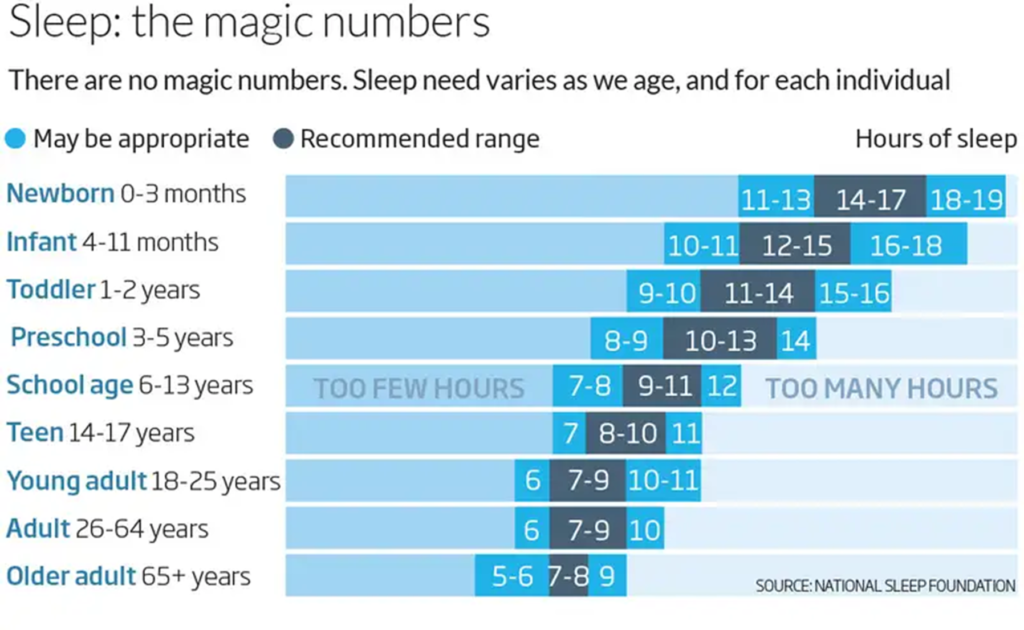The National Autistic Society indicates that about 70% of adults with autism face ongoing sleep issues. This blog looks at the difficulties autistic individuals often face in achieving quality rest.
What is autism?
Autism, or autism spectrum disorder, affects how someone communicates and interacts with others. It involves challenges in social interaction, communication, and repetitive behaviours.
In the UK, diagnosis usually involves a team of experts assessing the individual’s behaviour, communication, and developmental history. This assessment may include observations, standardised screening tools, and questionnaires.
The importance of quality rest
Quality rest is essential for physical and mental health. During slumber, the brain releases chemicals that are vital for mood regulation and sleep-wake cycles.
- Serotonin helps with mood and positive feelings.
- Acetylcholine supports memory, learning, and attention.
- Melatonin controls sleep.
- HGH – a growth hormone helps with growth and repair in the body.
Lack of rest disrupts the release of these chemicals, often leading to grumpiness, anxiety, and difficulty focusing. Moreover, lack of zzzs can elevate cortisol levels, a stress hormone contributing to anxiety and relaxation difficulties. It also disrupts the circadian rhythm.
Optimal slumber hours

The table offers suggested hours of sleep guidelines for typical individuals, but remember that needs can vary widely.
Understanding sleep difficulties
Sleep difficulties are common among individuals with autism spectrum disorder. Reynolds et al. (2019) found that autistic children have sleep problems more often (50-80%) than neurotypical children. These challenges often persist into adulthood, including insomnia, circadian rhythm disorders, sleep apnoea, and restless legs syndrome.
Rest Patterns
Furfaro found that autistic people take longer to fall asleep, about 11 minutes on average. They also have more trouble with insomnia, including difficulty falling asleep, waking up at night, and getting up early. They are also at a heightened risk of parasomnias, such as sleep paralysis, sleepwalking, and night terrors.
Autistic individuals experience less rapid eye movement (REM sleep) compared to neurotypical individuals. (Buckley et al., 2010; Neumeyer et al., 2019). This is less than the approximately 25% of REM sleep seen in neurotypical individuals.
REM sleep is crucial for learning, memory consolidation, and overall physical and mental health. Unfortunately, poor rest further exacerbates repetitive behaviours and hyperactivity in autistic individuals, creating a detrimental cycle that hinders overall rest quality.
Circadian Rhythm Sleep-Wake Disorders (CRSWDs)
Our internal body clock, known as our “circadian rhythm,” determines how sleepy or awake we feel throughout the day. Generally we feel sleepy during the earliest hours of the morning and most alert in the early evening. Research shows autistic individuals often experience Circadian Rhythm Sleep-Wake Disorders (CRSWDs), a condition frequently associated with CLOCK gene mutations that impact circadian rhythm. Unfortunately, healthcare professionals rarely consider autism in diagnoses of CRSWD, even though it’s relevant.
Melatonin Regulation
Explaining the correlation between sleep problems and autism is complex, and research is ongoing. However, one theory frequently observed in studies links sleep disturbances in individuals with autism to melatonin production.
Research indicates that irregular melatonin production in individuals with autism might be because of genetic factors. Autistic individuals could have mutated genes related to melatonin regulation, resulting in a “flat melatonin curve.”Furfaro (2020) suggests that this alteration can cause increased tiredness at specific times of the day or upon waking.
Understanding the Impact
Quality rest plays a vital role in managing sensory sensitivities and emotional responses.
When one person in the home doesn’t sleep well, it can affect all family members, making them feel tired, irritable, and grumpy.
Additionally, sensory differences, bedwetting, and gastrointestinal discomfort can disrupt sleep patterns in individuals with autism.
The table below shows some of the reasons why autism can affect sleep.

(Source Cerebra UK)
Moreover, autism and poor sleep can exacerbate difficulties in executive functioning, impacting planning, decision-making, and impulse control. Sleep deprivation affects the prefrontal cortex responsible for executive function, further complicating daily tasks.
Understanding and addressing sleep challenges is crucial for effectively managing sleep with autism. Traditional sleep hygiene guidelines may not be effective, and professionals should provide better understanding and support in this regard.
Insights from the Autism Wellbeing Project
We asked young adults at the Autism Wellbeing Project about autism and sleep. Their answers revealed the difficulties autistic individuals encounter when trying to rest at night.
Many mentioned:
- Struggling to unwind and drift off. Many find it challenging to mentally relax at night as they process the social interactions of the day. Heightened anxiety or difficulties in relaxing, resulting in insomnia.
- Struggling to interpret social signals indicating the necessity for rest.
- Being highly sensitive to factors such as mattress firmness, pillow comfort, light, sound, room and body temperature, and duvet weight.
- Having the need for a specific routine. This includes arranging items in specific locations, using particular pillows, and designing the room to minimise sensitivity.
- The need to create a personalised environment to accommodate their sensory needs. Many reported not using a bed to fall asleep in.
- Sleep schedules may be different to that of a neurotypical person’s sleep pattern.
- Frequently waking up during the night, thinking about the day ahead, can make it difficult to fall back asleep.
- Experiencing the calming effects of a weighted blanket paired with a comforting teddy bear.
- Watching videos on their phone or listening to spoken words on the radio helps them fall asleep easier. Silence makes their mind dwell on the events of the day or anticipate the day ahead, keeping them awake longer.
- Gastrointestinal discomfort triggered by food allergies, or heightened sensitivity to stimulants such as caffeine.
- Irregular secretion of melatonin, the hormone responsible for regulating sleep patterns, or experiencing unusual circadian rhythms (body clock). The effects of melatonin tablets vary among individuals.
- Hypersomnia, characterised by excessive sleepiness.
Despite these difficulties, they stress the importance of sleep for everyone, underscoring the necessity for awareness and solutions to assist individuals with autism in getting quality rest.
Nighttime Navigators
Although there are challenges associated with autism and sleep, there are strategies available to help. Adopting these tips from a young age may help establish healthy sleep habits for adults. However, it’s crucial to recognise that not all of them may be effective for everyone.
- Minimise household noises such as TV, music, or appliances, as they can over-stimulate or disturb.
- Turn off the lights or use blackout curtains to make the bedroom dark and help your body produce sleep-promoting hormones.
- Maintain a cool bedroom temperature.
- Select comfortable fabrics for pyjamas and bedding to promote sensory comfort.
- Consider purchasing a quality mattress and pillows.
- Establish a consistent bedtime routine.
- Using a weighted blanket can provide a deep pressure touch to soothe and enhance the bedtime routine.
- Incorporate relaxation techniques like deep breathing, muscle relaxation, warm baths, soft music, or audiobooks to help alleviate anxiety and promote relaxation before bedtime.
- Melatonin therapy. Studies show that giving individuals with autism melatonin supplements can sometimes help them sleep better. They may also ease symptoms like anxiety, depression, pain, and stomach issues.
- Promote independent sleep to help foster independence and reduce dependency on parental presence for bedtime and nighttime awakenings.
The Autism Wellbeing Project helps adults and families navigate challenges by offering strategies for individuals with autism.
Ultimately, better rest makes managing everything else more feasible.

